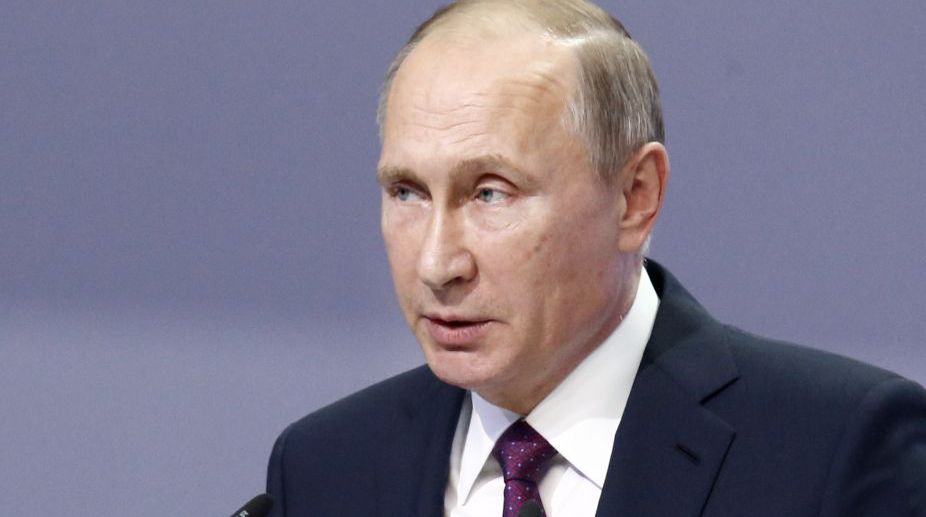Even as Russia has started delivery of the S-400 Triumf air defence missile to China, negotiations for the sale to India of the multi-barrel system with a range of between 40 km and 400 km are at an “advanced stage” and should not be hurried up, a top Russian official has said.
In an interview to IANS, Sergey Chemezov, CEO of Rostec Corporation, which was formed over a decade ago to consolidate strategically important companies, said it is important not to “rush” with the contract, and give both parties time for the negotiations.
Advertisement
“Discussions on this contract are at an advanced stage. Currently, the technical details of the contract are being discussed,” said Chemezov of the deal, pitched to be worth Rs 39,000 crore ($5.5 billion) for “the supply of the most modern equipment for strategic purposes”.
“The inter-governmental agreement on this project was signed in Goa just one year ago,” Chemezov noted, adding, “It is important not to rush things and give both parties time for negotiations.”
The deal was signed during Russian President Vladimir Putin’s visit to India in October 2016, and negotiations are being conducted on factors like technology transfer, the final price and training of personnel before the contract is finalised.
According to Indian Defence Ministry officials, the delivery of the missile system will begin two years after the contract is finalised. India had initially planned to buy at least 12 S-400 systems but pared this down to five.
Sources had also said that India was ready to waive the offset clause to speed up the delivery. The clause requires the reinvestment of 30 per cent of the contract’s value within the country.
“This is a very complex contract with many technical specifications and variables, as well as pricing conditions, production and delivery schedules. Everything must be carefully coordinated,” Chemezov said.
“I am confident that as soon as the negotiations are completed, the contract will be signed. The work is proceeding according to plan and its pace fully meets our expectations,” he added.
The S-400 is designed to eliminate flying targets at an altitude of up to 30 km, including those incorporating stealth technologies. It is enough to secure an area roughly the size of the National Capital Territory of Delhi — almost 1,500 km sq.
A single regiment of the S-400 missile is usually divided into two smaller battalions fielding, with tracking and search radar systems, eight launchers, 112 guided missiles and command and support vehicles.
The missile, which can simultaneously engage up to six targets, has been deployed in Syria, where Russia is targeting the Islamic State.
China had signed a contract for the S-400 in 2014 and, according to Russian news agency TASS, the deliveries have started. Beijing was the first international customer of the missile system.
Apart from China, the missile system has also been bought by Turkey, which has inked a deal for four S-400 batteries for around $2.5 billion.
Russia has said that several other countries, including nations in West Asia and Southeast Asia, have also evinced interest in the S-400.











